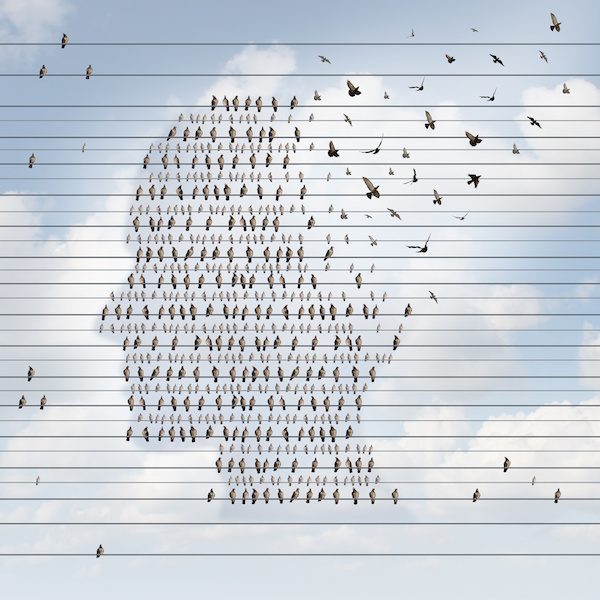
MONDAY, Jan. 31 (HealthDay News) — Super Bowl fans, beware: Research warns that Sunday’s match-up between the Pittsburgh Steelers and the Green Bay Packers could be a killer, literally.
The victims: diehard fans whose hearts can’t withstand the emotional stress that comes with watching the defeat of their much loved team.
The cardiovascular risk appears real, a Los Angeles-based study team cautions, with history revealing that in hometown locales where fans bear witness to the loss of their team, there is an identifiable bump in cardiac-related death rates.
The risk association appears to be even stronger among women than men, according to the report published online Jan. 31 in the journal Clinical Cardiology.
“Physicians and patients should be aware that stressful games might elicit an emotional response that could trigger a cardiac event,” lead author Dr. Robert A. Kloner, of the Heart Institute, Good Samaritan Hospital and Keck School of Medicine at the University of Southern California in Los Angeles, said in a journal news release. “Stress reduction programs or certain medications might be appropriate in individual cases.”
Kloner has previously reported similar links between Super Bowl outcomes and cardiac death risk, and last year a German study that focused on fans of World Cup soccer found that watching one’s team play a big match can more than double the risk for having a heart attack among male fans, particularly for those already sporting risk factors for heart disease.
In their current effort, Kloner and colleagues analyzed cardiac-related mortality data surrounding two previous Super Bowl games: the first in 1980, when the Pittsburgh Steelers beat the Los Angeles Rams; and the second in 1984, when the Los Angeles Raiders beat the Washington Redskins.
The results: the 1980 loss by the Rams was linked to a 15 percent rise in all circulatory deaths among men living in the Los Angeles area. Among women, the hike amounted to 27 percent.
The bump was more pronounced among older Los Angeles County residents than younger ones. Overall, older fans experienced a 22 percent bump in circulatory deaths, the investigators found.
By contrast, the 1984 Los Angeles Raiders’ win was linked to a drop in cardiac-related death rates in both older people and female fans in the area.
For his part, Dr. Shukri David, chief of cardiology at Providence Hospital in Southfield, Mich., said he’s a fan of the findings.
“It doesn’t surprise me at all,” he said. “For some people the Super Bowl can be like any other stressful situation in life. And couple that with the fact that many viewers are sedentary and have multiple risk factors for coronary artery disease, and then all of a sudden there is this excitement, where there is a surge of our fight-or-flight hormones. And these hormones can cause arteries to constrict at a time when the patients actually need additional blood flow because of their excitement,” David explained.
“Add to all that that people are eating burgers and junk food and drinking, and you have a perfect storm for a heart attack,” he noted. “And, of course, there are other circumstances that can be related to this risk, such as having a bet on a game where a disappointing outcome could certainly create stress that could lead to spasm to an artery and then a heart attack.”
David’s advice? “I would say temper the emotions. And be aware of the fact that this is just a game. Don’t get overly excited about something that most of us will not remember next year.”
And, he added, “have medications available on hand.”
More information
For more on risk factors linked to heart disease, visit the American Heart Association.

